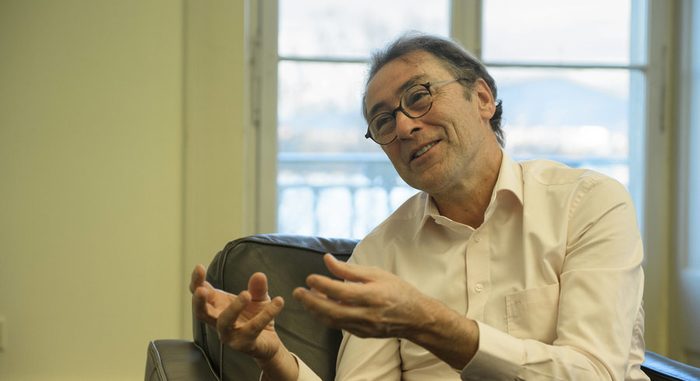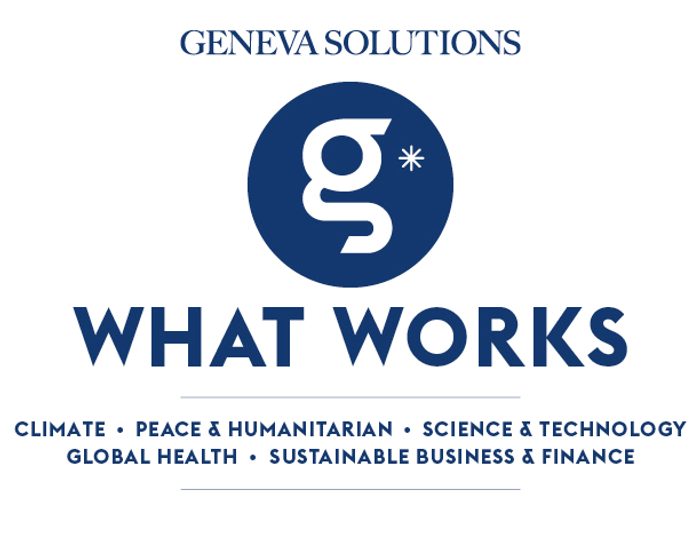Hello, this is Michelle. Over the past year, the war in Ukraine has sent diplomatic relations between Russia and the west into a deep freeze. And when powerful countries cannot speak, the consequences can be far-reaching.
The food crisis that was partly due to the war is a telling example. Within just a few months of Russia’s invasion, food prices soared and hunger gripped poor populations globally. Then, against all odds, a deal was struck between Russia and Ukraine to unblock grain and fertiliser exports, easing some of the pressure on markets.
A discreet Geneva-based organisation was the architect of the proposed agreement, showing how unexpected actors may help pave the way out of conflict. |
|
Discretion at work in rebuilding war-torn relations
|
|

David Harland, director of the Centre for Humanitarian Dialogue, in Geneva, 2 February 2023. (Le Temps/Eddy Mottaz)
|
|
The Centre for Humanitarian Dialogue (HD) has always preferred to work in the shadows. Yet, in recent years, as one of the world's leading conflict mediation organisations, it has become a success story. Amid faltering international diplomacy, HD's work proved central in finding an agreement to resume Ukrainian grain exports across the Black Sea – the only deal of its kind to have been struck in the year since the start of the war.
The ceasefire in Libya in 2020 and the peace treaty between Ethiopia and Tigray, signed last November, also bear the mark of the Geneva-based organisation. HD’s director, David Harland, sheds light on these achievements but also on the risks of a collapse in Europe’s security architecture.
Read the full story on Geneva Solutions (EN)
|
|
Here's what else is happening
|
|
GS news is a new media project covering the world of international cooperation and development. Don’t hesitate to forward our newsletter!
Have a good day!
|

|
|
Avenue du Bouchet 2
1209 Genève
Suisse
|
|
|
|








